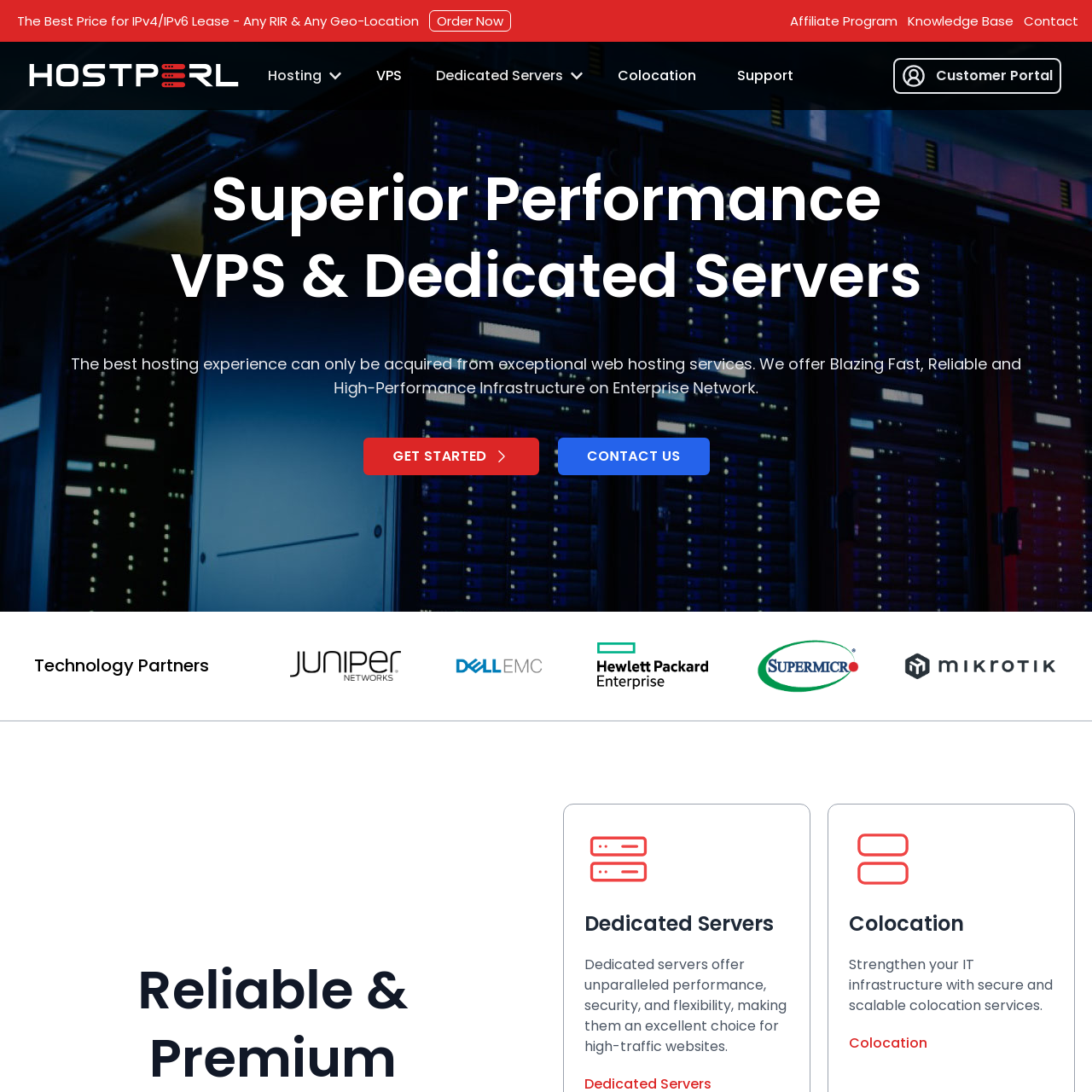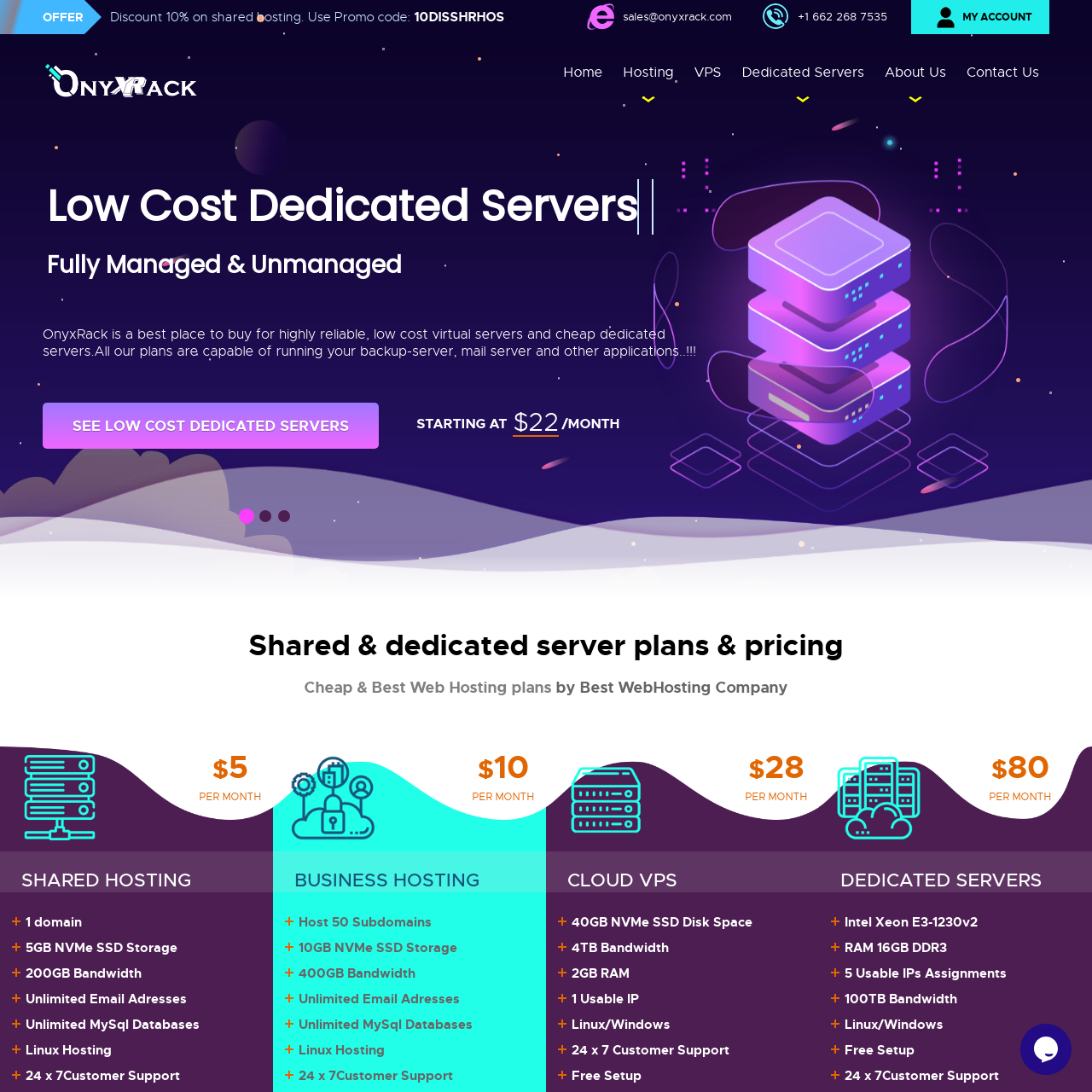05-14-2024, 11:52 AM
介绍:
在快速发展的数字环境中,组织不断寻求创新方法来简化其软件开发流程。低代码开发平台已成为一种强大的解决方案,使企业能够以最少的编码工作来创建应用程序。虽然低代码平台通常与基于云的解决方案相关联,但本文探讨了低代码私有部署的概念。我们将深入探讨这种方法的好处、其潜在应用,以及它如何帮助组织定制其软件解决方案以满足特定需求。欲了解更多信息,欢迎访问低代码真空部署https://www.bnocode.com领域专业企业平台,欢迎您的关注和了解!
1.低代码私有部署的概念:
低代码私有部署是指在组织的私有基础设施内实现低代码平台的做法,而不是依赖基于云的解决方案。这使企业能够完全控制其应用程序的部署、安全性和数据隐私。通过利用低代码平台,组织可以开发和定制应用程序以满足其独特的需求,从而确保更高的效率和灵活性。
2.低代码私有部署的优点:
2.1 增强的数据安全性:低代码私有部署的主要优势之一是它提供的更高级别的数据安全性。通过将应用程序和敏感数据保留在私有基础设施内,组织可以防止潜在的安全漏洞并保持对行业法规的遵守。
2.2 定制和控制:私有部署允许组织完全控制开发和部署过程。企业可以定制应用程序以适应其特定的工作流程、品牌和用户体验,从而产生更高效、用户友好的解决方案。此外,组织可以在方便时更新和修改其应用程序,而无需依赖外部提供商。
2.3 与遗留系统集成:低代码私有部署有利于与现有遗留系统无缝集成。组织可以利用低代码平台的灵活性在新旧应用程序之间建立桥梁,确保平稳过渡并优化运营效率。
3、低代码私有部署的应用:
3.1 企业资源规划(ERP):低代码私有部署对于ERP系统特别有利。企业可以在其 ERP 系统中创建定制的模块和功能,使其与特定的业务流程保持一致。这样可以全面管理资源、简化运营并提高生产力。
3.2 Customer Relationship Management (CRM): With low-code private deployment, organizations can tailor CRM applications to meet their unique customer management needs. Customized CRM solutions enable businesses to efficiently track and manage customer interactions, improve customer service, and drive sales growth.
3.3 Supply Chain Management (SCM): Low-code private deployment empowers organizations to optimize their supply chain management by developing applications specific to their supply chain workflows. Customized SCM solutions enable real-time tracking of inventory, efficient order management, and improved collaboration with suppliers and partners.
4. Implementation Best Practices:
When implementing low-code private deployment, organizations should consider certain best practices:
4.1 Thorough Planning: A comprehensive understanding of business requirements is crucial before embarking on the low-code journey. Proper planning ensures that the low-code deployment aligns with organizational goals and workflows.
4.2 User Involvement: Involving end-users during the development process ensures that the resulting applications meet their needs effectively. Regular feedback and iterative development cycles enhance user experience and drive adoption.
4.3 Scalability: Organizations should choose a low-code platform that allows for scalability, accommodating future growth and evolving business needs. This ensures long-term sustainability and reduces the need for frequent redevelopment.
5. Conclusion:
Low-code private deployment presents organizations with a powerful opportunity to streamline software development, enhance data security, and customize applications to meet specific needs. By keeping applications within a private infrastructure, businesses gain control, flexibility, and the ability to integrate with existing systems seamlessly. With the ever-increasing demand for tailored software solutions, low-code private deployment offers a compelling path to efficiently meet business objectives and drive digital innovation.
在快速发展的数字环境中,组织不断寻求创新方法来简化其软件开发流程。低代码开发平台已成为一种强大的解决方案,使企业能够以最少的编码工作来创建应用程序。虽然低代码平台通常与基于云的解决方案相关联,但本文探讨了低代码私有部署的概念。我们将深入探讨这种方法的好处、其潜在应用,以及它如何帮助组织定制其软件解决方案以满足特定需求。欲了解更多信息,欢迎访问低代码真空部署https://www.bnocode.com领域专业企业平台,欢迎您的关注和了解!
1.低代码私有部署的概念:
低代码私有部署是指在组织的私有基础设施内实现低代码平台的做法,而不是依赖基于云的解决方案。这使企业能够完全控制其应用程序的部署、安全性和数据隐私。通过利用低代码平台,组织可以开发和定制应用程序以满足其独特的需求,从而确保更高的效率和灵活性。
2.低代码私有部署的优点:
2.1 增强的数据安全性:低代码私有部署的主要优势之一是它提供的更高级别的数据安全性。通过将应用程序和敏感数据保留在私有基础设施内,组织可以防止潜在的安全漏洞并保持对行业法规的遵守。
2.2 定制和控制:私有部署允许组织完全控制开发和部署过程。企业可以定制应用程序以适应其特定的工作流程、品牌和用户体验,从而产生更高效、用户友好的解决方案。此外,组织可以在方便时更新和修改其应用程序,而无需依赖外部提供商。
2.3 与遗留系统集成:低代码私有部署有利于与现有遗留系统无缝集成。组织可以利用低代码平台的灵活性在新旧应用程序之间建立桥梁,确保平稳过渡并优化运营效率。
3、低代码私有部署的应用:
3.1 企业资源规划(ERP):低代码私有部署对于ERP系统特别有利。企业可以在其 ERP 系统中创建定制的模块和功能,使其与特定的业务流程保持一致。这样可以全面管理资源、简化运营并提高生产力。
3.2 Customer Relationship Management (CRM): With low-code private deployment, organizations can tailor CRM applications to meet their unique customer management needs. Customized CRM solutions enable businesses to efficiently track and manage customer interactions, improve customer service, and drive sales growth.
3.3 Supply Chain Management (SCM): Low-code private deployment empowers organizations to optimize their supply chain management by developing applications specific to their supply chain workflows. Customized SCM solutions enable real-time tracking of inventory, efficient order management, and improved collaboration with suppliers and partners.
4. Implementation Best Practices:
When implementing low-code private deployment, organizations should consider certain best practices:
4.1 Thorough Planning: A comprehensive understanding of business requirements is crucial before embarking on the low-code journey. Proper planning ensures that the low-code deployment aligns with organizational goals and workflows.
4.2 User Involvement: Involving end-users during the development process ensures that the resulting applications meet their needs effectively. Regular feedback and iterative development cycles enhance user experience and drive adoption.
4.3 Scalability: Organizations should choose a low-code platform that allows for scalability, accommodating future growth and evolving business needs. This ensures long-term sustainability and reduces the need for frequent redevelopment.
5. Conclusion:
Low-code private deployment presents organizations with a powerful opportunity to streamline software development, enhance data security, and customize applications to meet specific needs. By keeping applications within a private infrastructure, businesses gain control, flexibility, and the ability to integrate with existing systems seamlessly. With the ever-increasing demand for tailored software solutions, low-code private deployment offers a compelling path to efficiently meet business objectives and drive digital innovation.








